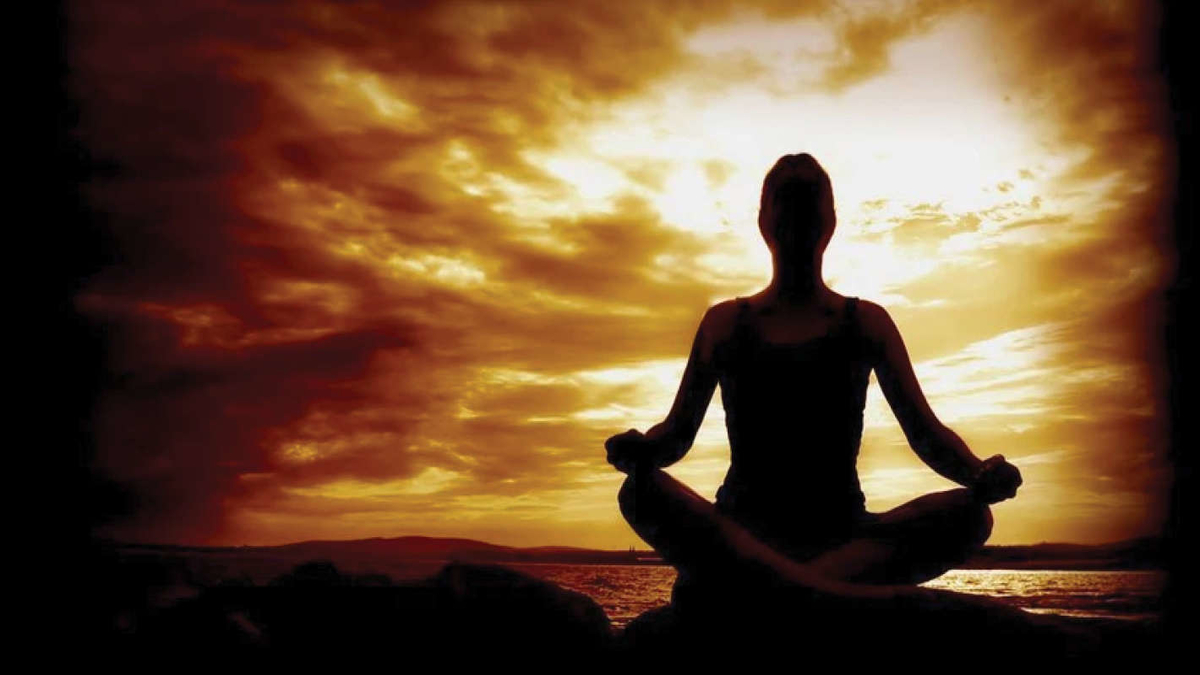
True recognition of the self will lead to natural self-esteem. Once the self is recognised and experienced, then dignity is restored to the soul. This is less about a psychological understanding of the workings of the mind, but more about achieving spiritual upliftment in the human world. Rajyoga is the making of self-sovereigns through transformation with the power of meditation.
However, the journey to being a self-sovereign is not a straightforward ascending journey. It is much more like a game of ‘Snakes and Ladders’. A children’s board game that has 100 squares. On some of the numbered squares is the start of a ladder and on others the head of a snake. If you shake the dice and it takes you to a ladder, you go further up the board, if you land on a snake you return to squares you have already passed, depending on the length of the snake’s body. We climb many rungs of the ladder, but whenever there is a time that I am faced with something I lack courage for, for example, then I know that the rung of the ladder I am on is weak, and it will not hold me. That is when I must snake my way back, to earlier rungs of understanding.
There are five steps to self-sovereignty, with three components to each. They are like the building blocks of my spiritual personality, not my physical personality. The first block, or rung of the ladder is:
Who am I?
Self-understanding: How do I function? What are the elements, the mechanics of the self?
Knowing the self: I discover who I really am by understanding what I am.
Recognising the self: This is when I recognise what was there all along. The soul has been buried under so many layers of false identities; roles, positions, talents, skills – all as temporary as a piece of clothing, that will last only so long and then be discarded.
How do I see myself?
Self-acceptance: I accept all that I discover, all the good and all the not so good.
Self-detachment: Only with this can I look at the whole without judgement of the self.
Self-respect: Which means I will behave in ways that will only bring spiritual benefit to the self. I will make peace with the self.
How do I feel about myself?
Self-valorisation: When the head (the intellect) explores the self to and gives true value full of regard to the self.
Self-confidence: Based on the value I have attributed to what I have discovered about the self so far, all actions will be based on that – totally different to the ego.
Self-esteem: Now we are halfway to the final goal. Now I can see the full potential.
What do I believe about my potential?
Faith in the self: This is based on a connection with God. When I am connected with God, the purest form of love and peace, then I can have faith in the self.
Forgiving the self: This is a pivotal point. I realise the so much bigger self, and understand that any guilt or shame lingering from the past will obstruct this blossoming of the full potential. It will bring too much heaviness. When we realise that the past is truly gone, it is in the past, it is then that I can forgive and create… love…
Loving the self: This will become a permanent state of being because of the earlier rungs I have climbed, or the blocks I have used to construct the real me.
And finally…
What do I want to become?
This is the final push towards the complete, whole, pure self.
Self-realisation: I now have the complete vision of myself.
Self-transformation: There cannot be true transformation without realisation and it will not happen without all the other steps on the rungs of the ladder, so I will need to go back to earlier things I needed to explore for deeper understanding. This all needs power and strength, and it produces…
Self-sovereignty: Because without it there is no real happiness.
The biggest enemy in all of this game, is my old self; my insistence on holding on to the habit patterns, thinking processes, old beliefs and entrenched prejudices about the world, based on the belief that I am the body, the role, the position, the praise or the defamation. Holding on to the small, tiny perspective of this one lifetime. Let me let go, and climb to the highest I can really be.
Eric Le Reste is a journalist and producer for the Canadian Broadcasting Corporation, and coordinates the activities of Brahma Kumaris centres in Canada.